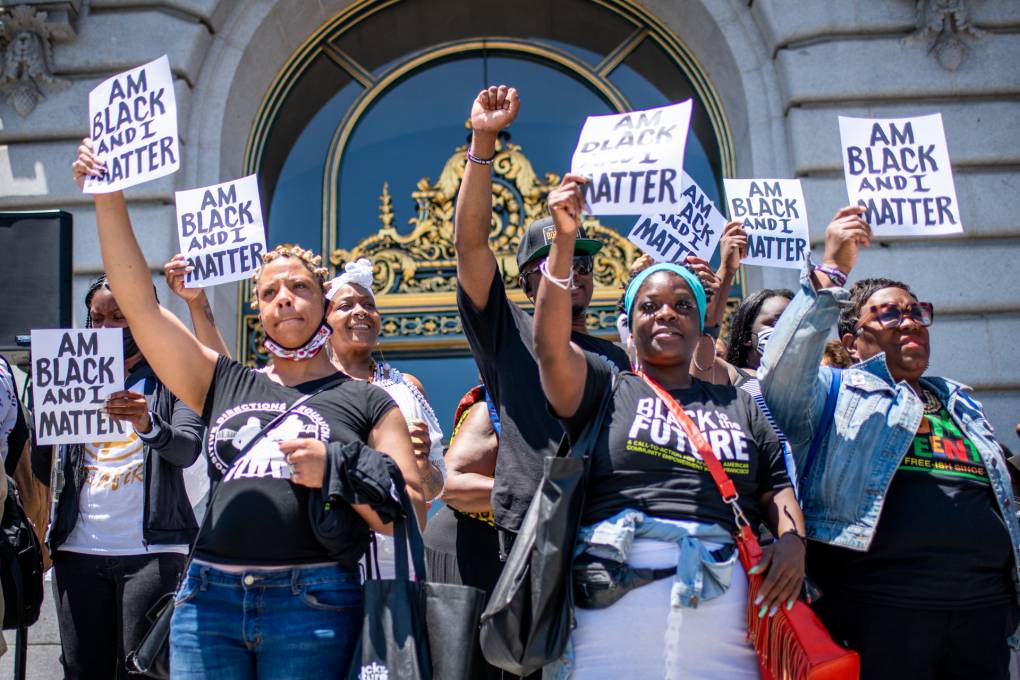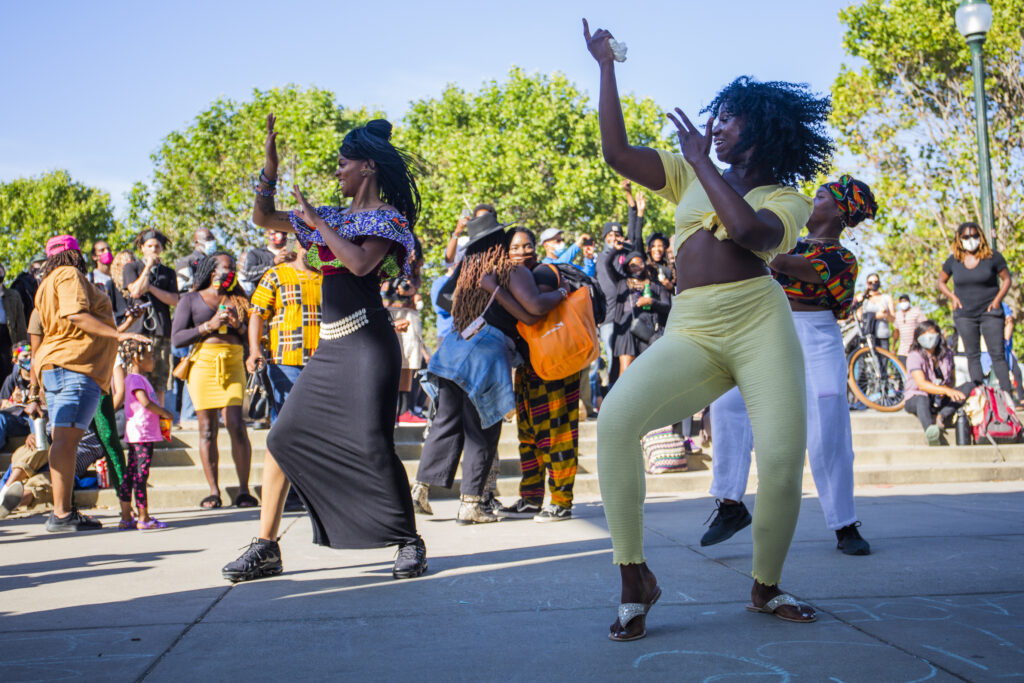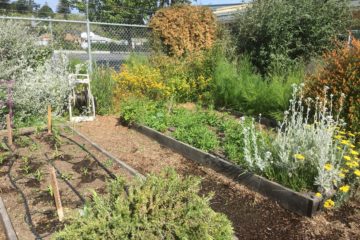Written by Isabel Realyvasquez, Grant Writing & Development Intern
Juneteenth is right around the corner. Celebrated annually on June 19, this holiday, also known as “Juneteenth Independence Day” and “Emancipation Day,” commemorates the day in 1865 when enslaved African Americans in Galveston, Texas, received word that they were free under constitutional law. By this time, the Emancipation Proclamation, issued in 1863, had been in effect for over two years. However, news of it had not yet reached isolated regions in Texas where enslaved peoples were still being exploited and suffering under the violent institution of the plantation system. While delayed news of this declaration prolonged slavery in the United States, June 19, 1865, marks the official date when African Americans began to achieve a degree of the freedom promised to all Americans in 1776.
One hundred and fifty-five years after its first celebration, in 2021, Juneteenth became a federal holiday. While it had been celebrated by many for decades, this Juneteenth celebration was especially significant. A year before, in 2020, police killed George Floyd and Breanna Taylor, and Ahmaud Arbery was murdered by three white men in a racially-motivated hate crime. These injustices shook the nation to its core, catalyzing nationwide protests that demanded justice for African Americans continually afflicted by institutional racism (Taylor 2022). As we honor Juneteenth, an Independence Day for Black communities, and a day of celebration for our collective fight for equality in the US, we also come to terms with our country’s inglorious history of slavery and racism. Just as importantly, we celebrate the resiliency, hope, and creativity shown by African Americans who enrich and uplift our societies, who matter simply by just being. This weekend, and every other day of the year, we strive to be better allies for our Black communities. This Juneteenth, take a moment to think about how you can help make your local or global society, embedded in systemic racism, more equitable, welcoming, and safer places for BIPOC folks to live and thrive.

We at EGC believe food sovereignty is one way to uplift our local communities and tackle institutional racism. Food sovereignty refers to “the right of peoples to healthy and culturally appropriate food produced through ecologically sound and sustainable methods, and their right to define their own food and agriculture systems” (Nyéléni 2007). While the history of agriculture in the US has ties to slave labor, many Black communities have paved the way for a more just and inclusive food system championing food sovereignty. In a San Diego Tribute interview, Professors Kaia Shivers and Jillian Hishaw discuss how Black agrarian communities receive less funding and support from the US government compared to white farmers — an inequity which their influential organizations, the Black Farmers Index and F.A.R.M.S, actively help to ameliorate (Deaderick 2021). Reflecting on the importance of food sovereignty in light of Juneteenth, Shivers says, “you cannot say ‘freedom,’ then look at Black communities that suffer from food insecurity — communities whose ancestors created the agricultural industry, only to be locked out of that industry.” More support for Black farmers, gardeners, and organizations is needed to make our societies more equitable and ensure everyone has access to healthy, culturally-diverse foods. At EGC we aim to do our part by installing gardens in schools, parks, and private residences that offer marginalized communities the opportunity to grow and eat the foods they like to have in their homes. By growing fruits and vegetables such as calabash, eggplants, persimmons, bok choy, figs, and tomatillos, we aim to make our gardens biodiverse and inclusive spaces. We hope to cultivate food sovereignty for our Black, Latinx, and Asian communities while ensuring the preservation of their heritage and culture through multiple food options.

How to Celebrate Juneteenth
There are many fun and respectful ways to celebrate Juneteenth. Check out the list below to see how you can participate in the holiday:
- Have a conversation with friends, family, coworkers, or neighbors. Talk about what Juneteenth means to them or how you can become a better ally for your Black communities.
- Raise the Juneteenth flag, a symbol of inclusivity and freedom for Black people.
- Attend a Bay Area Juneteenth celebration dedicated to amplifying and empowering Black voices, culture, and history.
- Shop at Black-owned businesses and advocate for a more inclusive economy as encouraged by the NAACP. Here are some great Bay Area businesses that offer everything you could want and need: books, clothes, restaurants, bakeries, coffee, and more!
- Support organizations like People’s Breakfast, Black Earth Farms, and Sankofa Gardens. These Bay Area-based collectives are actively addressing racial inequality and helping marginalized communities at risk for food insecurity (Gebreyesus 2020).
- If you want more historical background about African American history and its relationship to food insecurity and sovereignty, check out In the Shadow of Slavery: Africa’s Botanical Legacy in the Atlantic World by Judith Carney and Richard Nicholas Rosomoff and Freedom Farmers: Agricultural Resistance and the Black Freedom Movement by Monica White. These important reads offer historical insight and inspiring examples of resistance and resilience in Black communities fighting for social and environmental justice.
- Most importantly, keep learning and listening!
References
Deaderick, L. (2021, June 19). Reflecting on the Connection Between Juneteenth and the Importance of Black Farmers. The San Diego Union Tribune. Retrieved June 14, 2022, from https://www.sandiegouniontribune.com/columnists/story/2021-06-19/reflecting-on-the-connection-between-juneteenth-and-the-importance-of-black-farmers
Gebreyesus, R. (2020, June 17). Five Bay Area Food Organizations Addressing Racial Inequity Through Feeding Efforts. KQED. Retrieved June 12, 2022, from https://www.kqed.org/bayareabites/137514/five-bay-area-food-organizations-leading-efforts-to-feed-protesters
Nyéléni. (2007, February 25). Declaration of Nyéléni. The World Forum for Food Sovereignty. Nyéléni Village ; Sélingué, Mali.
Taylor, D. B. (2022, June 8). Juneteenth: The History of a New Holiday. The New York Times. Retrieved June 12, 2022, from https://www.nytimes.com/article/juneteenth-day-celebration.html



0 Comments